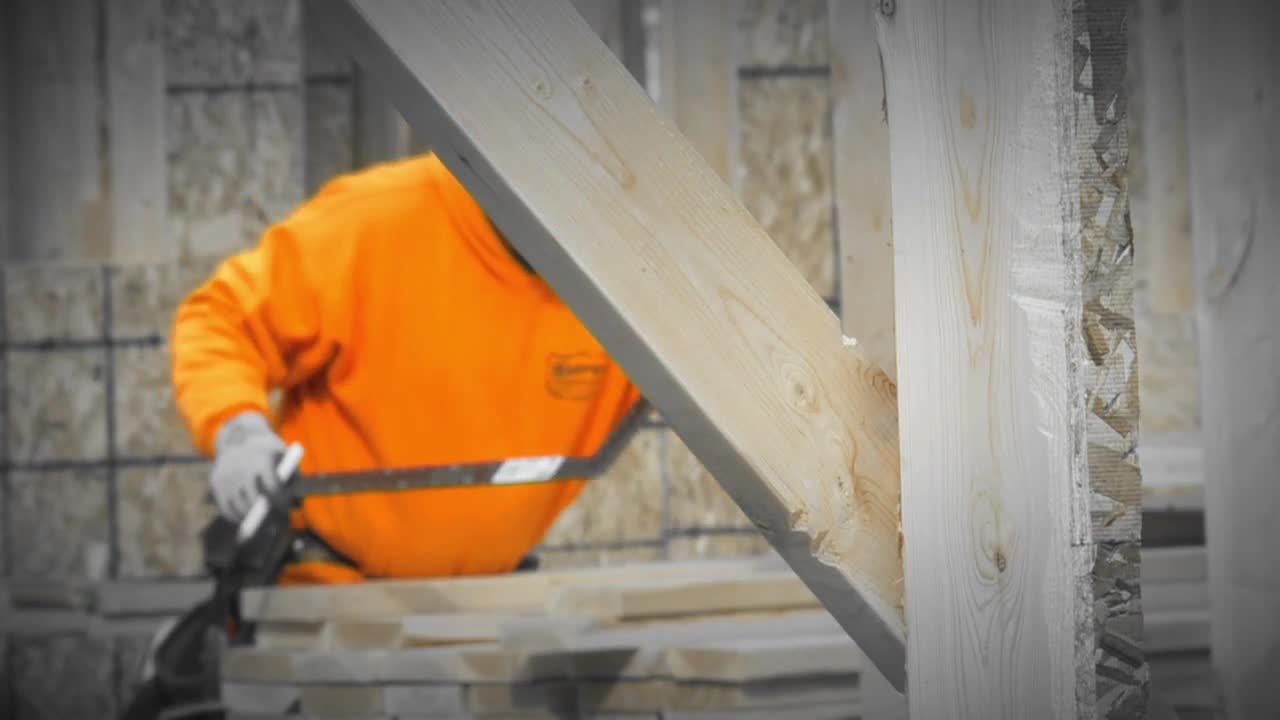SALT LAKE CITY — It’s a tale as old as time, or at least since contractors came on the scene.
FOX 13 Investigators first met Mark Kilpatrick more than two years ago when he was $20,000 in the red. He contacted us about a contractor named Paul Yantis, whom he had hired to makeover his yard, but instead, Yantis made off with Kilpatrick's money without finishing the job.
In 2024, Yantis pleaded guilty via a plea agreement to felony grand theft in Bonneville County, Idaho. After passing an in-house rehabilitation program, he was released after 18 months and is now out on probation.

But if you listen to Kilpatrick’s experience with Yantis, you’ll hear that it mimics many others who have had to deal with a contract gone wrong.
“We signed it all, got it all done, and he’s promising to come and do the work, and he’s not showing up,” said Kilpatrick. “Five weeks after we signed the contract is when he shows up to start, which wasn’t what we were promised. It was excuse after excuse after excuse that he used, preventing him to come to do this work, and then I’m after him constantly: ‘When are you coming back?’ No response.”
So, where did things go wrong?
Mark Steinagel, the director of the Utah Division of Professional Licensing, said the problems started before Kilpatrick signed that contract with Yantis. It’s why they have a checklist on their website that walks you through how to protect yourself.
“Usually by the time someone calls us, there’s a number of items on that list that haven’t been done,” said Steinagel.
He says, first and foremost, you should verify that the contractor is licensed. It’s a quick search on the Division of Professional Licensing’s website.

A license doesn’t guarantee that you won’t have problems, but it decreases the likelihood that you will.
“I met with multiple landscaping companies that might be able to do this, and most of the time, what came back was: ‘We don’t have any time,’ ‘We’re too busy,’ ‘This is going to be in the next year' or whatever,” said Kilpatrick.
“Get a number of bids,” Steinagel advised. “I think that in a hot construction market, people are often nervous about who you choose, but then in the end still choose the one they find before they’ve done a lot of research because they want to get a project done.”
Finding a quick or low bid can be a red flag.
WATCH: What Utah law doesn’t do for families like this one whose new house cracked, flooded
Another reason it’s worth shopping around:
“When he was really good with communicating with me and getting back to me, answering my questions, it was all before the money. Then it just went downhill,” Kilpatrick said.
“If somebody has been reliable on other jobs, they are very likely to be reliable on your job," Steinagel said. "And if someone has been unreliable on other jobs, it’s very likely they’re going to be unreliable."
Steinagel says to seek referrals and references from people who have had their work completed by the contractor, not those who are working with someone in the middle of a project.
It’s a precaution that many consumers often don’t know to take.
The state has created a new Residential Construction Fraud Task Force, appointing Utah’s first full-time prosecutor dedicated solely to cases like Kilpatrick’s. It will also rely on help from members of the Department of Commerce, local law enforcement, and stakeholders in the construction industry.
“It is very upsetting to us when someone takes advantage of vulnerable individuals in our state and these construction projects,” said Steinagel. “We believe this task force is going to really start targeting on the front end, the education and the enforcement of it, and then go back to the legislature with changes in laws.”
In addition, the Department of Commerce now offers a new, free Utah Residential Construction Agreement to act as a template for anyone who is looking to hire a professional contractor.

“There are a lot of ethical contractors out there, and they may have their own contracts drafted up, but I think it’s helpful for you for the ones that are not ethical to be able to look at the template and see some of the things you should be considering as a part of your written agreement,” said Steinagel. “That is part of the goal of the written agreement — either you can use it or you can review it and consider things to think to ask to be included in that other contract.”
In the end, it all boils down to this:
“Make sure you do your homework,” Kilpatrick advised. “It’s not good enough to just go talk to somebody who’s having a current experience with somebody.”
To view the free Utah Residential Construction Agreement template, click here.
To use the department’s “verify a license tool,” click here.
If you’re looking for a reputable contractor, view the construction business registry here.




